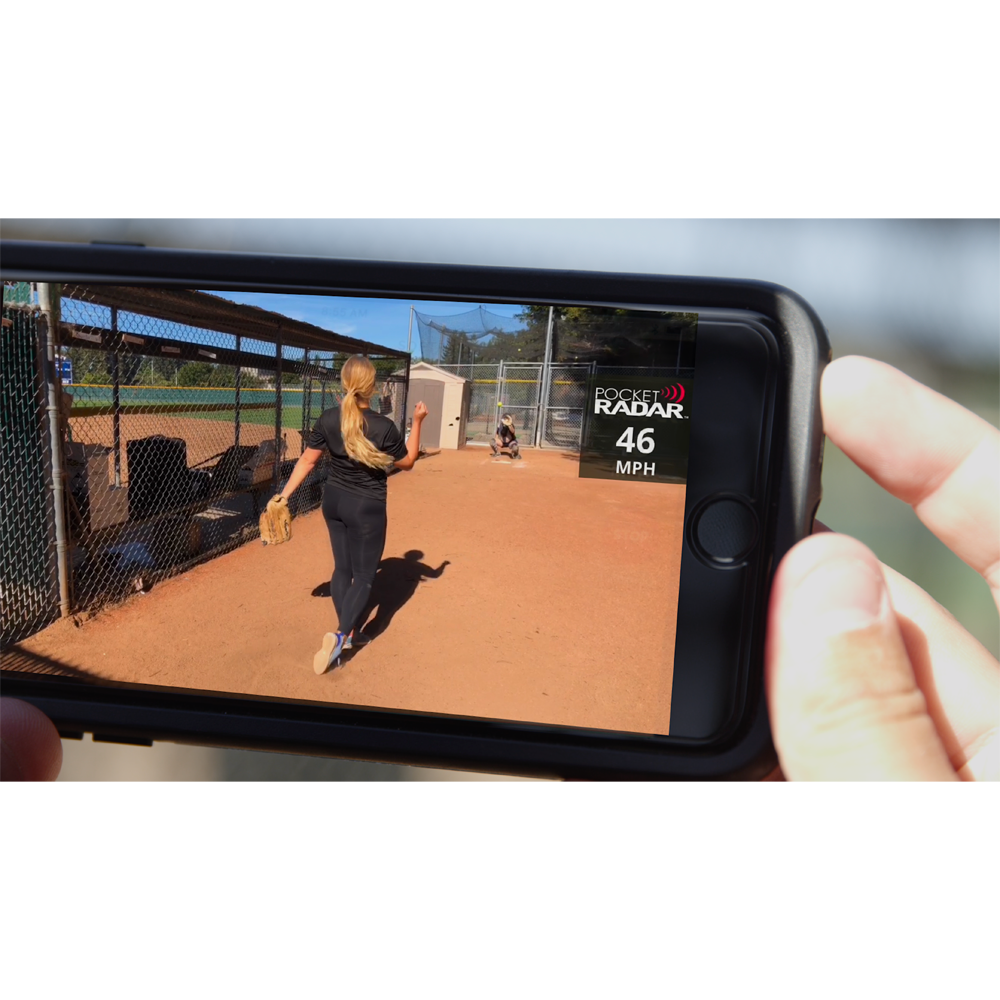


“Every extra 1 mile per hour is equal to approximately 5 feet of distance on a well-launched ball,” said Goody, the company’s CEO. It’s a favorite of high school and little league sports coaches who use the speed readings as training reinforcement and feedback, a way to show young athletes that proper physical adjustments can yield positive results. While speed-tracking devices like the popular Stalker Pro 2 radar gun still are widely used by Major League Baseball scouts, Pocket Radar has become a smaller, more discreet alternative. In late June, New England Patriots quarterback Tom Brady used Pocket Radar’s Ball Coach to send a message to ESPN commentator Max Kellerman, who had notoriously claimed the 6-time Super Bowl champion was “falling off a cliff.”īrady posted to Instagram a screenshot of the Ball Coach with the radar display showing 61 mph, for the speed he can still throw a football. The company’s newest model, the Smart Coach, syncs with smartphones via Bluetooth, allowing the user to embed speed readings directly onto mobile videos taken of a baseball pitch or bat swing.Ī simple search of #pocketradar on Instagram, Facebook and Twitter brings up athletes of all ages, from backyard hopefuls to professionals, sharing their speed results. The company, which celebrates its ?10th anniversary this year, designs and makes small and affordable radar devices primarily for athletes and coaches who want to capture the real-time speed of baseball pitches and hits, tennis serves, race cars, remote-controlled cars - anything that moves fast. “This is all about building the right environment, where creative people can thrive,” said Stewart, Pocket Radar’s president and chief operating officer. And that’s exactly the business environment the three veteran tech inventors sought to foster when they started their Santa Rosa tech company. That was before the dominance of venture capital and exit strategies. It was a culture they said was fueled by creativity first and rewarded by money later. Budding inventors could consult with technology gurus. It’s like they’re speaking of a long-forgotten era when everyone had their own workbenches with unlimited access to electronics testing equipment and resources.

Pocket Radar co-founders Chris Stewart, Steve Goody and Grant Moulton wax nostalgic when they recall their early days as young Hewlett Packard engineers.


 0 kommentar(er)
0 kommentar(er)
